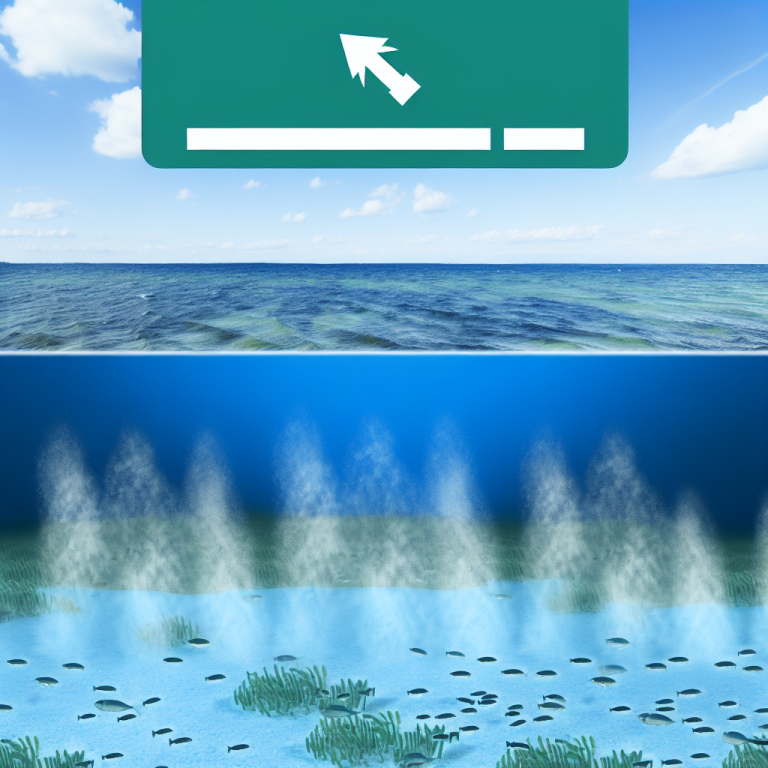Penguin research in Antarctica is under threat due to the devastating impact of bird flu, leading to the possible cancellation of crucial studies on these animals. This development marks a significant setback in the research efforts in the region as scientists scramble to ensure the safety of both animals and researchers.
The alarm was first raised when an outbreak of avian influenza, caused by the H5N1 virus strain, was detected on the wider Antarctic region in October 2023. Dead birds, including skuas and gulls, tested positive for the virus in the sub-Antarctic territories of South Georgia and the South Sandwich Islands. There were growing concerns among the scientific community that the virus would soon make its way to Antarctica, putting the fragile ecosystem at risk.
Antonio Quesada del Corral, a microbiologist managing the Spanish Antarctic research programme from Madrid, expressed the gravity of the situation. This unprecedented threat has forced researchers to reassess their plans for the upcoming summer season in Antarctica, which typically runs from October to late March. Precautionary measures have been put in place, limiting access to animal colonies strictly to researchers specializing in infectious diseases and viruses.
The scope of the disruption caused by bird flu extends beyond just the cancellation of projects. Close to half a dozen research initiatives have been affected, with data collection being severely hindered. Scientists were unable to retrieve crucial information from sensors placed in animal colonies, compromising their ability to monitor animal behavior and ecological impacts effectively.
Ansaldo, an ecologist at the Argentine Antarctic Institute, echoed the sentiments of Quesada del Corral, highlighting the challenges faced by researchers due to the outbreak. All activities with direct contact with animals were suspended as abnormal behavior and an increase in animal mortality were observed. This impeded studies focusing on the reproduction, behavior, and physiology of birds and mammals.
While the US Antarctic Program remains unaffected by bird flu, the National Science Foundation (NSF) acknowledges the potential risks that future outbreaks could pose to ongoing research efforts. With decisions being made on a case-by-case basis, researchers are on high alert to ensure their safety and protect the valuable wildlife in Antarctica.
A significant turning point came in February when H5N1 was detected on the Antarctic mainland for the first time. Dead skuas near Argentina’s Primavera research station on the Antarctic Peninsula tested positive for the virus, confirming scientists’ worst fears about the spread and impact of bird flu in the region. This discovery prompted an immediate expedition to gather samples and monitor the extent of the infection, ensuring proactive measures are in place to safeguard both the wildlife and researchers.
The future remains uncertain as researchers navigate the challenges posed by bird flu in Antarctica. With rigorous monitoring and preventive measures in place, the scientific community remains vigilant in their efforts to preserve the fragile ecosystem and protect those working in this inhospitable environment. However, the threat lingers, reminding us of the delicate balance that exists between exploring the wonders of Antarctica and safeguarding its pristine wilderness.




